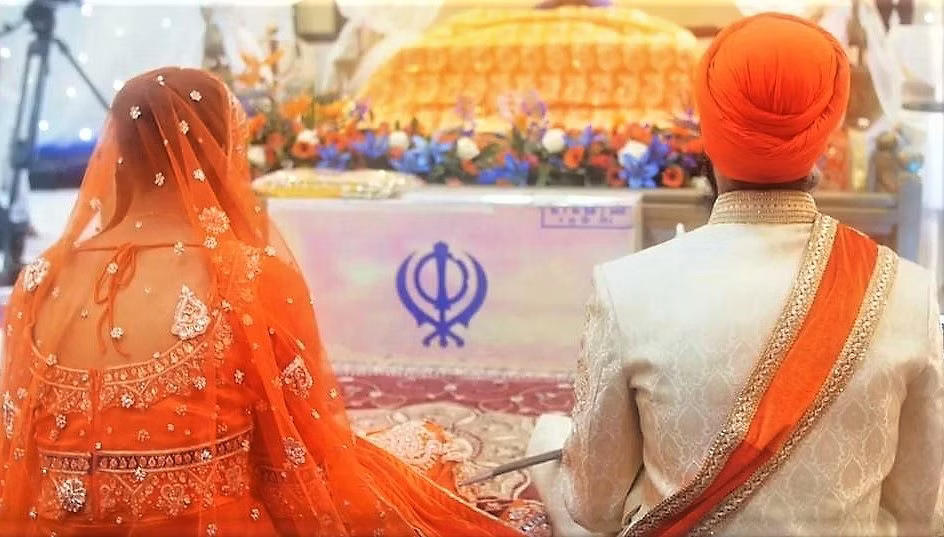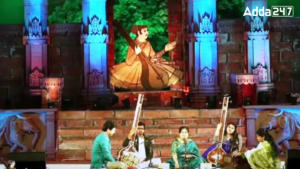In India, the Anand Marriage (Sikh Marriage) Act holds significant importance for the Sikh community. It is a legislation that specifically governs the marriage ceremonies and legal aspects related to Sikh marriages. The Act was established to provide legal recognition and protection to Sikh marriages, allowing Sikh couples to solemnize their unions according to their religious customs and traditions while ensuring the marriages are legally valid.
Historical Background:

- The Anand Marriage Act was enacted in 1909 during British colonial rule in India.
- It aimed to address concerns raised by the Sikh community about the validity of their marriages under existing Hindu marriage laws.
Legal Recognition:
- The Act offers legal recognition to Sikh marriages, validating them under the law.
- It ensures that Sikh couples’ rights and responsibilities are protected within the framework of legal marriage.
Ceremonial Aspects:
- The Act recognizes the Anand Karaj ceremony as the traditional Sikh marriage ritual.
- It acknowledges the religious customs, prayers, and hymns involved in the Anand Karaj as integral parts of the marriage.
Registration:
- The Act mandates the registration of Sikh marriages within a specified timeframe after the ceremony.
- Registration provides legal proof of the marriage and simplifies the process of obtaining legal documents such as marriage certificates.
Eligibility:
- The Act outlines the eligibility criteria for individuals seeking to marry under Sikh law.
- It specifies that both parties should be Sikhs according to Sikh religious definitions.
Consent and Age Requirements:
- The Act emphasizes the importance of consent from both parties for a valid marriage.
- It sets the minimum age requirements for marriage, in line with Indian laws.
Marriage Officers:
- The Act designates Sikh religious leaders (granthi) as authorized marriage officers to solemnize Sikh marriages.
- It also allows for civil officers to act as marriage registrars for Sikh marriages.
Legal Implications:
- The Act governs issues related to inheritance, divorce, alimony, and other legal aspects of Sikh marriages.
- It offers Sikh couples the legal safeguards and rights enjoyed by individuals who marry under other personal laws.
Amendments and Controversies:
- Over the years, there have been discussions about potential amendments to the Act to address evolving societal norms and concerns.
- Some controversies have emerged regarding interfaith marriages and the eligibility criteria under the Act.
Cultural Significance:
- The Act holds cultural and religious significance for the Sikh community as it upholds their distinct marriage traditions and practices.
- It reflects the efforts to preserve Sikh identity and values within the legal framework of the country.
Find More Miscellaneous News Here



 Paris Olympics 2024 Medal Tally, India M...
Paris Olympics 2024 Medal Tally, India M...
 Which District of Madhya Pradesh is Famo...
Which District of Madhya Pradesh is Famo...
 EC Signs Electoral Cooperation Pact with...
EC Signs Electoral Cooperation Pact with...

